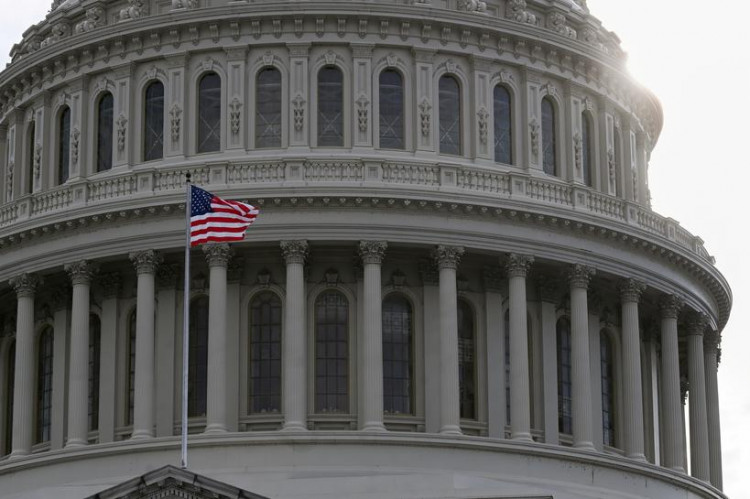This week, the United States and China are poised to use Asia's top security gathering to trade blows over everything from Taiwan's sovereignty to the war in Ukraine, while both sides have expressed a willingness to discuss resolving their disagreements.
The Shangri-La Dialogue, which attracts high-ranking military officials, diplomats, and weapons manufacturers from around the world, will take place in Singapore from June 10 to June 12. This will be the first time the event has taken place in 2019 after being postponed twice due to COVID-19.
A senior U.S. official stated, "We anticipate that the focus of the discussion will be on managing competitiveness in regional and global concerns."
According to Chinese media, Beijing will also utilize the summit to discuss cooperation with the United States.
On the sidelines of the summit, it is anticipated that U.S. Defense Secretary Lloyd Austin and Chinese Minister of National Defense General Wei Fenghe would have their first face-to-face encounter since President Joe Biden assumed office more than two years ago.
Austin and Wei are likely to use their weekend statements to reaffirm their commitment to the Asia-Pacific region while also making critical remarks about the other.
Even though the focus of the meeting is on Asian security challenges, Russia's invasion of Ukraine will continue to dominate discussions. Last week marked the 100th day of the fighting, which has killed tens of thousands of people, displaced millions, and turned cities to ashes.
In recent months, relations between China and the United States have been difficult, with the world's two largest economies sparring over China's belligerence towards Taiwan, its military operations in the South China Sea, and Beijing's aspirations to expand its influence in the Pacific area.
According to a source acquainted with the list of guests, Ukraine will send a delegation to the meeting, but the Russians will not be there.
Li Mingjiang, an associate professor at the S. Rajaratnam School of International Studies in Singapore, remarked, "American attendees will seize the opportunity to criticize China's strategic alliance with Russia."
"There will be some conclusions that the China-Russia cooperation is a coalition of autocracies... China will defend its connection with Russia, as well as its attitude and policy towards Ukraine," he said.
With U.S. military and diplomatic capital consumed by the conflict in Ukraine, Austin will be under pressure to convince China's Asian competitors that they can depend on the United States.





